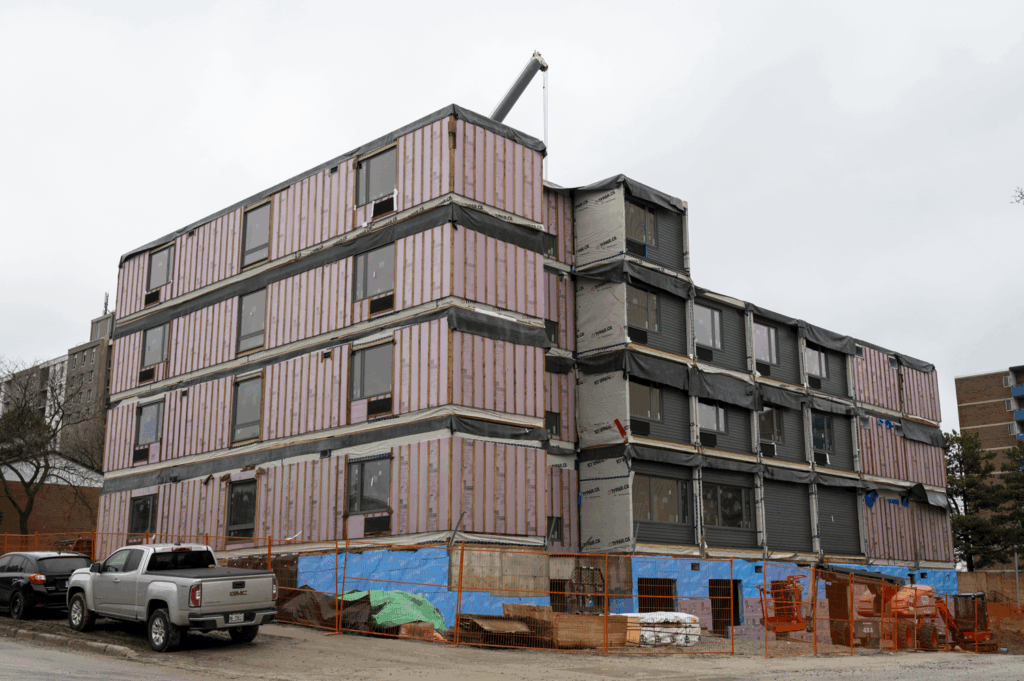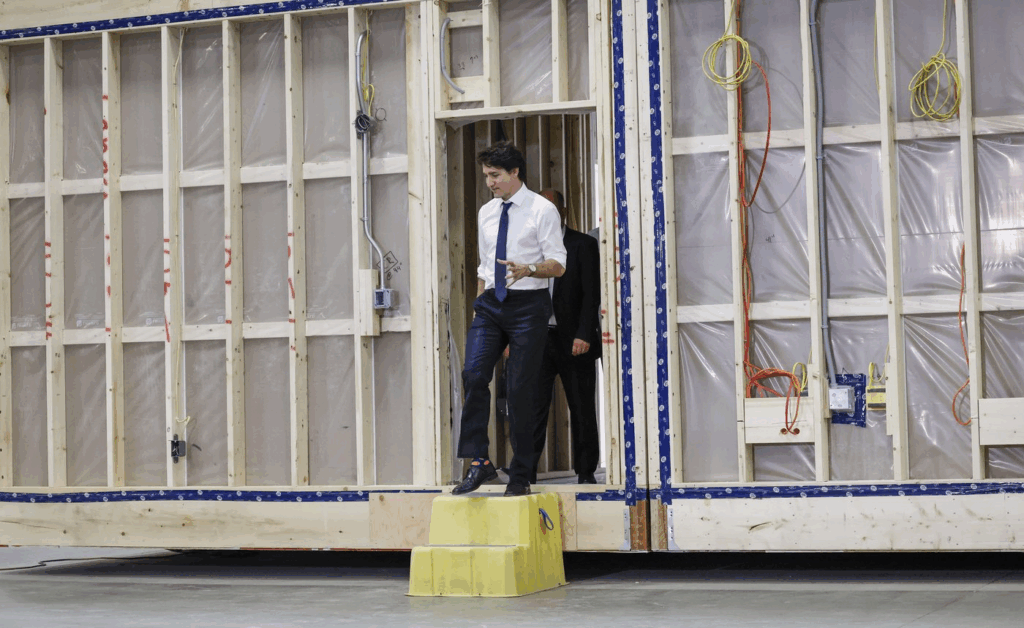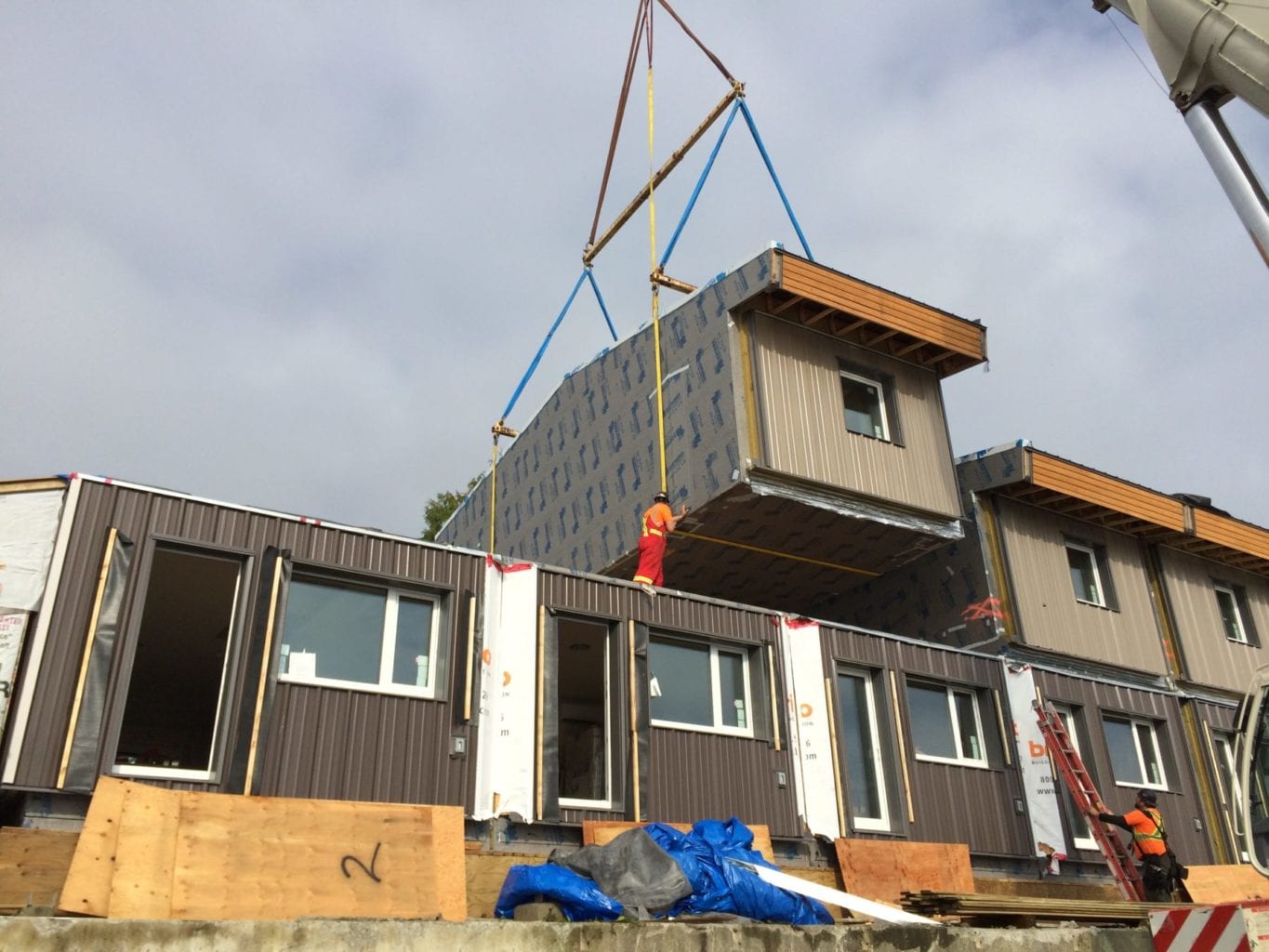Canada’s housing shortage isn’t just a market hiccup—it’s a full-blown crisis that current methods can’t fix. With demand for new homes far outpacing supply, the industry is being pushed to rethink everything from site selection to project delivery. The answer may lie in a long-overdue embrace of ConTech and PropTech, two innovation streams that could finally drag construction into the digital age.

ConTech and PropTech are two sides of the same innovation coin reshaping how Canada builds and manages housing.
ConTech—short for construction technology—covers tools and methods that modernize how buildings are designed and constructed, including robotics, automation, modular systems, 3D printing, and AI-driven project management. PropTech, or property technology, focuses on the real estate side, streamlining how properties are bought, sold, financed, and managed through digital platforms, data analytics, IoT, and virtual or augmented reality. Together, they form a powerful ecosystem aimed at cutting costs, improving efficiency, and bridging the massive housing supply gap.
Canada’s housing crisis is a numbers game gone wrong.
Public-sector forecasts from CMHC warn that Canada must cram out between 430,000 and 480,000 new homes each year over the next decade to stand a chance at affordability. Harsh reality? In 2023, Canada managed only ~240,267. In 2024, that inch reached just ~245,360. Meanwhile, the decade prior averaged a paltry 204,000. The verdict: we’re massively undershooting. There’s no sugar-coating: unless we massively boost productivity, slash red tape, trim costs and rein in fees, this gap won’t budge.

Our construction approach is terribly analog—antiquity disguised as tradition.
Right now, Canada’s housing construction heavily leans on paper drawings, manual calculations, siloed workflows—all classic hallmarks of inefficiency. That archaic setup breeds communication breakdowns, cost overruns, delays, and safety issues. And while almost every other industry has at least semi-digital processes, residential development is still stuck in the stone age. It’s painfully clear: modernization isn’t optional—it’s an imperative.
Enter ConTech and PropTech—our overdue digital leap forward.
PropTech, shorthand for property tech, streamlines property acquisition, management and operations through tools like BIM, IoT, AI, and even AR. ConTech—construction tech—covers automation, robotics, smart-site systems, 3D printing, modular builds and more. When paired, the two aren’t just buzzwords—they are the infrastructure-disruptors Canada needs. Combined, they promise to chop development timelines, turbo-charge approvals, and drastically improve delivery of projects.

Some Canadian platforms are already hinting at what’s possible.
Take LandLogic—it uses a Data Fusion Engine to unify zoning and location data, streamlining site-selection in minutes, not weeks. Or DEVNEX, guiding developers from acquisition to completion by surfacing regulatory or environmental risks early. And then there’s offsite innovation: via RESCON’s tour of the H+ME Technology facility in Etobicoke, Canada sees panelized, engineered floor and wall systems being manufactured with precision and delivered just-in-time. Reports from CD Howe underscore that modular, mass-timber, and 3D printing methods hold promise—but Canada’s remain held back by high costs, patchwork regulations, and data deserts. The message is blunt: either embrace innovation or be left behind.

The next step is courage, not another committee report.
Canada’s developers, policymakers, and investors must stop treating innovation like a side project and start seeing it as survival. ConTech and PropTech are not sci-fi concepts anymore—they are available, proven, and waiting to be scaled. The housing gap won’t close with yesterday’s methods, and the longer we wait, the deeper the hole becomes. The challenge is real, but so is the opportunity: to turn Canada’s construction industry from laggard to leader in the global housing revolution.
CLICK HERE to read the entire Daily Commercial News article
.
With over 9,000 published articles on modular and offsite construction, Gary Fleisher remains one of the most trusted voices in the industry.
.
CLICK HERE to read the latest edition
Contact Gary Fleisher












